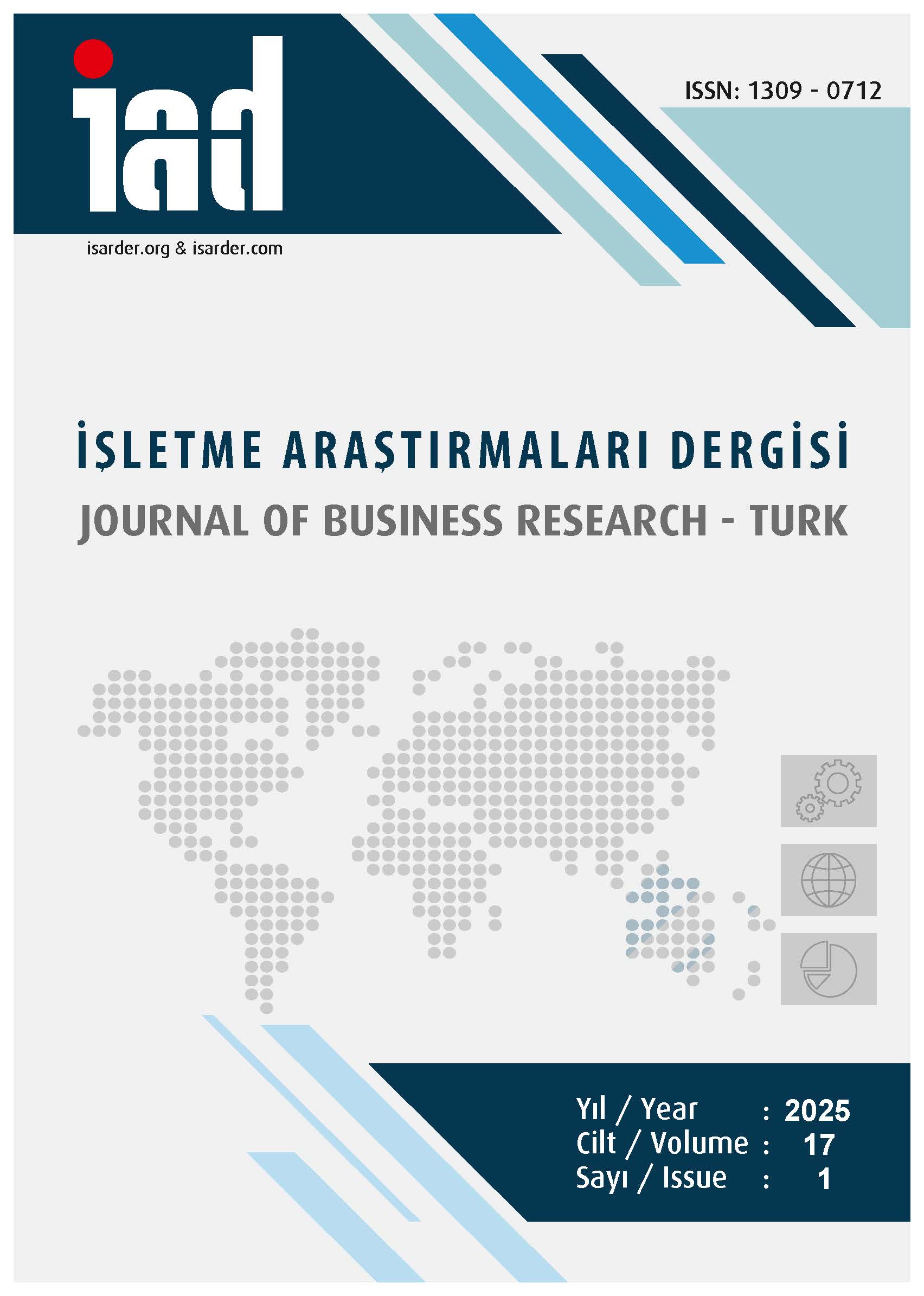Economic Growth and Corruption: Differential Dynamics in Developed and Developing Countries
Keywords:
Corruption Perception Index, Economic GrowthAbstract
Purpose - The aim of this research is to analyze the relationship between the corruption perceptions and economic growth. For the purposes of the research, it has been examined whether the relationship in question differs in developed and developing countries. Design/methodology/approach – In this context, analyzes were made within the framework of panel data analysis using annual frequency data between 2009 and 2020 for 25 developing countries and 23 developed countries grouped within the scope of the World Bank country classification. Panel data analysis was performed separately to cover both the specified period and the pre-covid period. The gross domestic product variable used for economic growth is the dependent variable, and the corruption perception index variable, which is used as corruption, is used as the independent variable. Foreign direct investments, consumer price index taken as inflation, and foreign trade volume variables were used as explanatory variables. The study is based on the expectation that corruption negatively affects economic growth. Both level values and return values were used to make comparisons. 3 models were created on 2 different fictions. Findings - As a result of the analysis of the relationship between corruption and economic growth in the first scenario, no statistically significant effect was found for all countries, developed countries and developing countries in the entire period and pre-Covid period. Within the scope of the second construct, the relationship between corruption and economic growth was found to be statistically significant and positive at the 10% and 1% significance level in the developed countries group in the entire period and in the pre-Covid period, which is in the same direction as the expectation. In the group of developing countries, the relationship between corruption and economic growth was statistically significant for all periods, and it was concluded that corruption increases economic growth. Discussion- The results differ for both the covid period and the pre-covid period for developed and developing countries. In the developing country group, the results for all periods are opposite to expectations. When the results are examined in the general literature, it is noteworthy that while they support some studies, they also differ from some studies.
Downloads
Published
How to Cite
Issue
Section
License

This work is licensed under a Creative Commons Attribution-NoDerivatives 4.0 International License.





